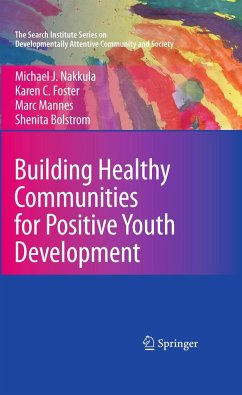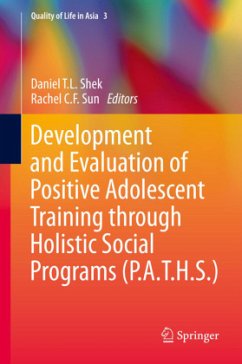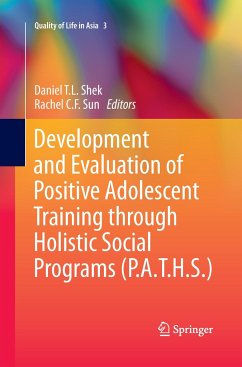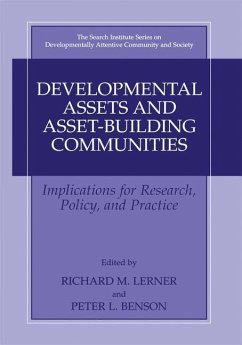Michael J. Nakkula, Ed.D., is a practice professor of education within the Division of Applied Psychology and Human Development at the University of Pennsylvania's Graduate School of Education, where he serves as the director of a master's program in school and mental health counseling. Nakkula teaches courses on adolescent development and the intersection of counseling, mentoring, and education within urban public schools. Prior to assuming his current faculty position, he was the longtime codirector of Harvard's Risk and Prevention master's program, where he designed and studied a number of initiatives that support the developmental opportunities for low-income youth. For this work he was named Harvard's initial recipient of the Kargman Junior Chair for Human Development and Urban Education Advancement (1998-2004). Nakkula is the lead author (with Eric Toshalis) of Understanding Youth: Adolescent Development for Educators (Harvard Education Press, 2006), and is the coeditor of a special journal issue on the ways in which youth mentoring relationships are organized, assessed, and understood to promote best practices within different settings. He finds particular joy in helping to coach his sons' (Lukas and Sam) youth hockey and baseball teams. Karen C. Foster, Ed.D., is a former research associate at the Harvard Graduate School of Education where she enjoyed a longterm collaboration with Michael Nakkula. She trained in child and adolescent development at the former Cambridge Child Guidance Center and in the Behavioral Medicine department, also affiliated with The Cambridge Hospital, in Cambridge MA. Her early research was a study of Boston inner city students' experiences of stress and coping. She has spent the past four years as an external evaluator and consultant to the Ohio Board of Regents studying the impact of a state wide initiative to improve the quality of science and mathematics teacher education in the public schools. Herstint in Ohio provided a valuable opportunity to study the unique challenges to higher educational access posed by rural communities. The experience of working on the National Asset-Building Case Study Project was a primary force in shaping her deep interest in research approaches that authentically capture the work of social reforms. She has applied the model developed on the Case Study Project to other areas including immigrant healthcare practices, nutrition reform, service learning, and police profiling. Marc Mannes, Ph.D., currently leads the Chicago office of Booz Allen Hamilton, a strategy, operations, and technology consulting firm serving government clients. Marc spent a decade as director of applied research at Search Institute, where he oversaw the organization's community research agenda and the extension of the Developmental Assets Frameworks to children. His career has focused on the intersections of applied research, policy formulation and implementation, program and product development, organizational and community change, and training. Mannes is coeditor and contributor to Balancing Family-Centered Services and Child Well-Being: Exploring Issues in Policy, Practice, Theory, and Research (Columbia University Press, 2001). He also served as a contributing author to Other People's Kids: Social Expectations and American Adults' Involvement with Children and Adolescents (2003), also part of the Search Institute Series on Developmentally Attentive Community and Society. Mannes lives north of Chicago in Wilmette, Illinois, with his wife, Karen, and their two daughters, Lilia and Natalie. Shenita Bolstrom, MS, is a clinical research associate in the Neuromodulation business at Medtronic, Inc., global leader in medical technology, headquartered in Minneapolis, MN. Prior to joining Medtronic, Inc., she was field research coordinator at Search Institute, where she worked on research projects in the areas of community and social change,families and parenting, and youth development programs and practices. Shenita earned her Bachelor of Arts degree in psychology and sociology from the University of Wisconsin-Milwaukee and her master's degree at the University of Wisconsin-Madison. When not at work, she's out training for and completing marathons.
















